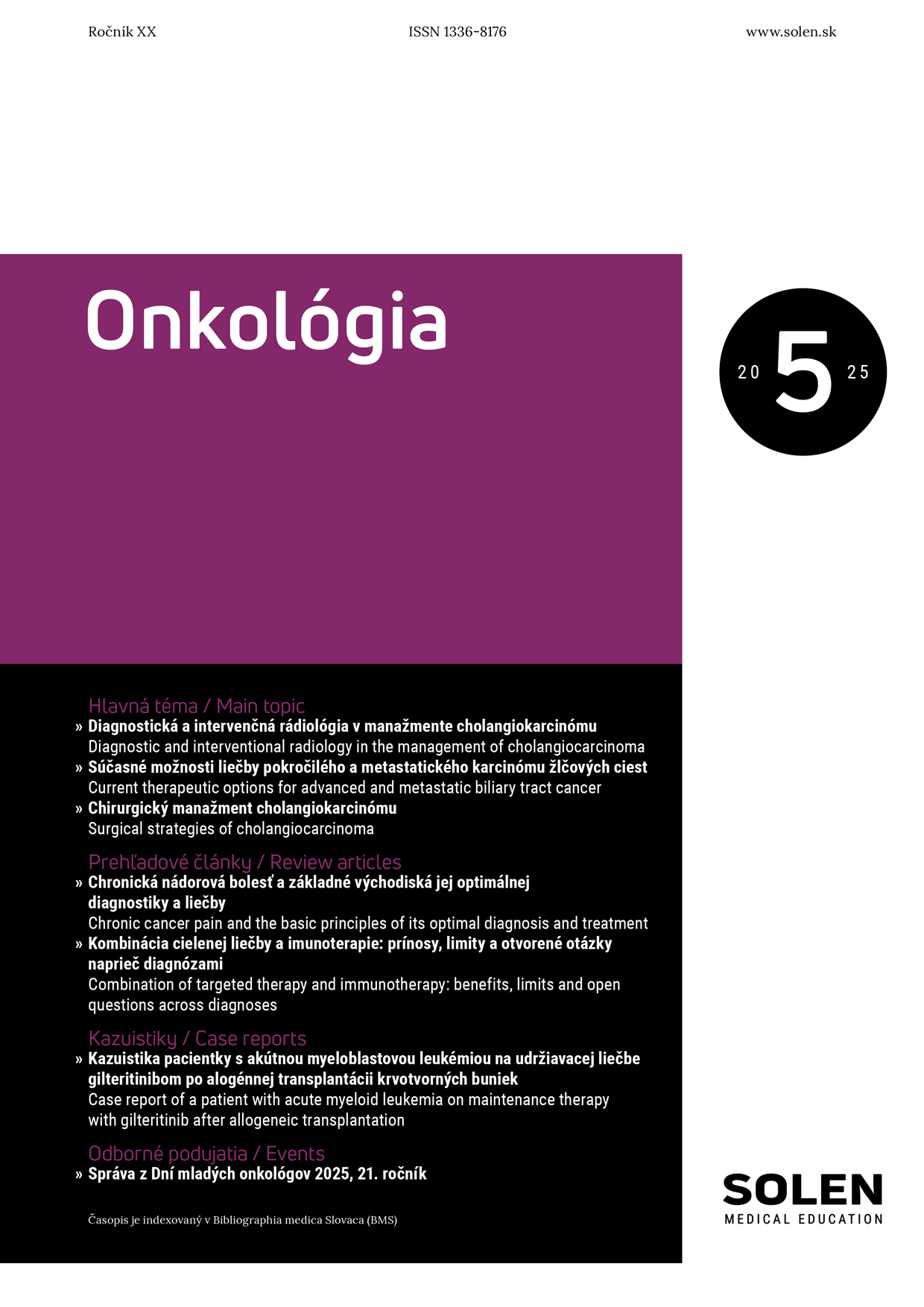Pediatria pre prax 1/2006
Kašel při onemocnění horních cest dýchacích
doc. MUDr. Ludmila Vyhnánková, CSc.
Ve sdělení je podán přehled onemocnění horních cest dýchacích, při kterých dochází ke kašli. Dále je probrána léčba, rozdělení farmak podporujících expektoraci a antitusika. Expektorancia se dělí na mukolytika, sekretolytika a sekretomotorika, jejich účinkem dochází ke snadnějšímu odstraňování hustého hlenu či hlenohnisu z dýchacích cest. Antitusika jsou indikována zejména při úporném, suchém, dráždivém kašli, kdy předchozí podání expektorancií nebylo účinné. Nemají se užívat dlouhou dobu. Lze je rozdělit na antitusika kodeinového typu a nekodeinová. Kombinace antitusika a expektorancia jsou určena k léčbě dráždivého kašle při akutních zánětech horních cest dýchacích.
Kľúčové slová: kašel, záněty horních cest dýchacích, expektorancia, antitusika.
COUGH ON DISEASES OF UPPER AIR PASSAGES
In the article there is a survey of diseases of upper air passages which are accompanied by a cough. Next are discussed: therapy, subdivision of cough medicines into drugs supporting expectoration and antitussives. Expectorants divides up into mucolytics, sekretolytics, sekretomotorics, they work in the way that they make removing dense mucus or mucus with pus from air passages easier. Antitussives are indicated mainly in the event of a stubborn irritant dry cough if a previous administration of expectorants has not been effective. They should not be used for a long time. We can subdivide them into antitussives of codeine and non-codeine type. Combinations of antitussive and expectorants are used for the treatment of an irritant cough at the acute inflammations of upper air passages.
Keywords: cough, inflammations of upper air passages, expectorant, antitussive.

















